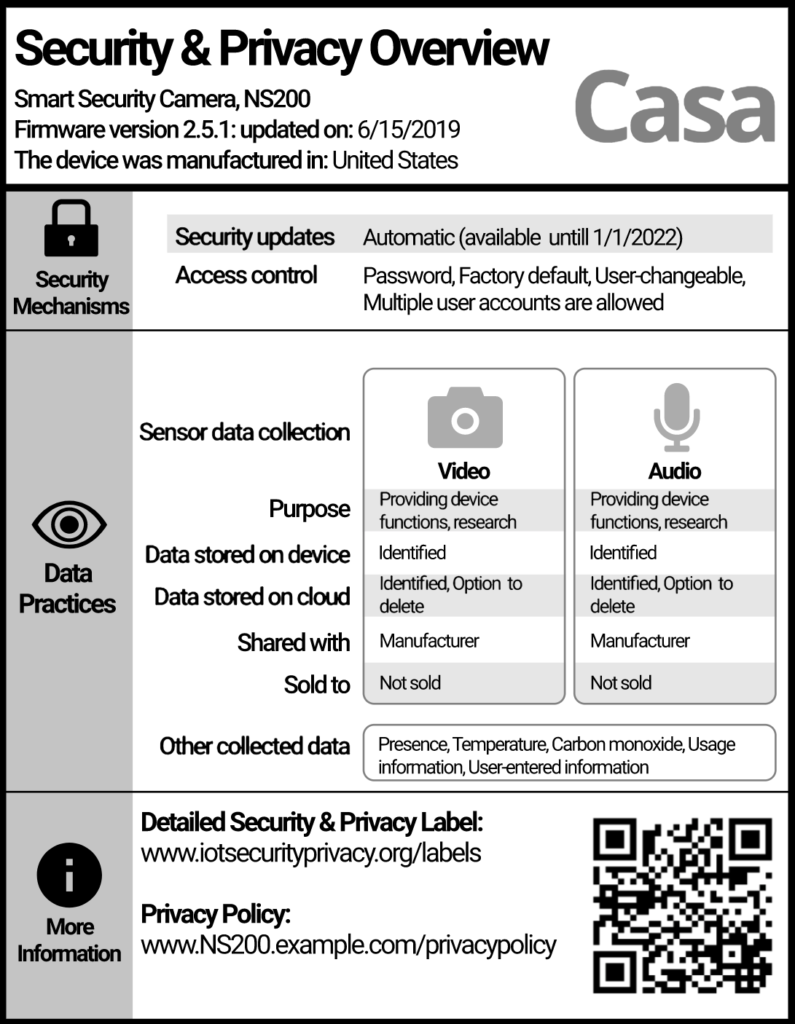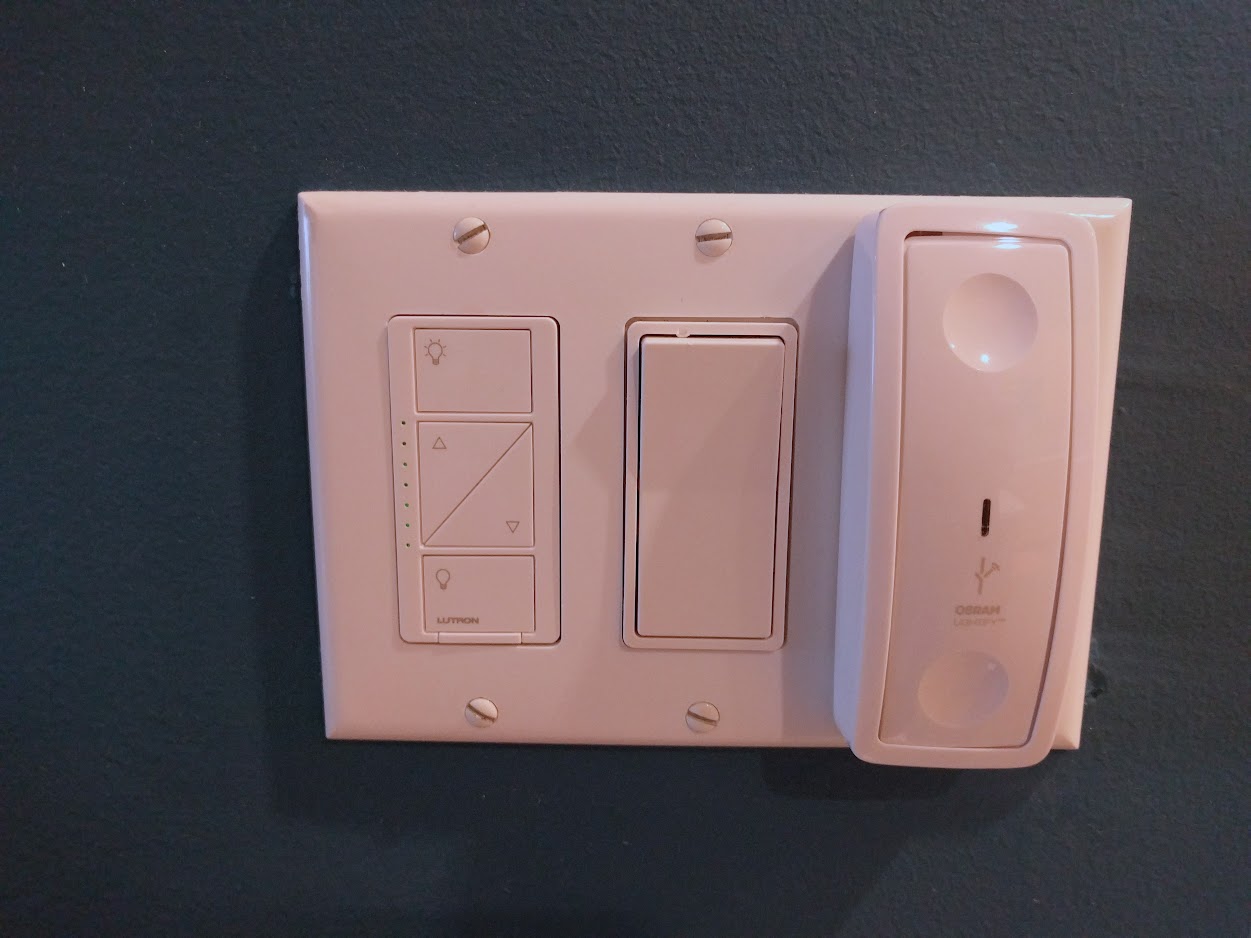This week’s show is a whopper, starting with the news from Apple’s WorldWide Developers Conference. We talk about how Apple is playing the long game by integrating sensors and machine learning across devices to give contextual experiences, Apple’s updates to HomeKit, and some details about Apple opening up its FindMy network. From there we talk about SmartThings’ evolution and eventual shut down of some beloved services and the new Wyze Cam Outdoor camera. On the enterprise side, Microsoft acquires CyberX, and Deutsche Telekom spins out its IoT business. We also cover news from Google related to Hue devices, Misty Robotics, Tuya, and Segway. Kevin gives a preview of Amazon’s Echo Frames and we answer a quick question about viewing your Ring doorbell on an Apple TV.

This week’s guest is Mark Benson, head of engineering at Samsung SmartThings, who joins us to discuss the changes coming to the platform later this year. He lays out why SmartThings is going to end support for some features as it tries to move toward delivering a more intuitive smart home. For example, on the hardware side, your hub will still exist but SmartThings will also put its software on hubs made by other vendors and we’ll see other manufacturers make SmartThings’ branded devices. On the software side, it’s moving from the current Groovy programming environment to an API, which is going to upset some developers and DIY folks. Benson explains why this change is needed and what developers will gain and lose. You’re going to want to listen.
Hosts: Stacey Higginbotham and Kevin Tofel
Guest: Mark Benson, head of engineering at SmartThings
Sponsors: Very and Very
- Apple’s using its chips and closed ecosystem to deliver context to devices
- Why Microsoft purchased CyberX
- How long will the Zigbee Alliance keep its name?
- 2020 is the turning point for the smart home
- Why SmartThings wants to trade Groovy for an API



